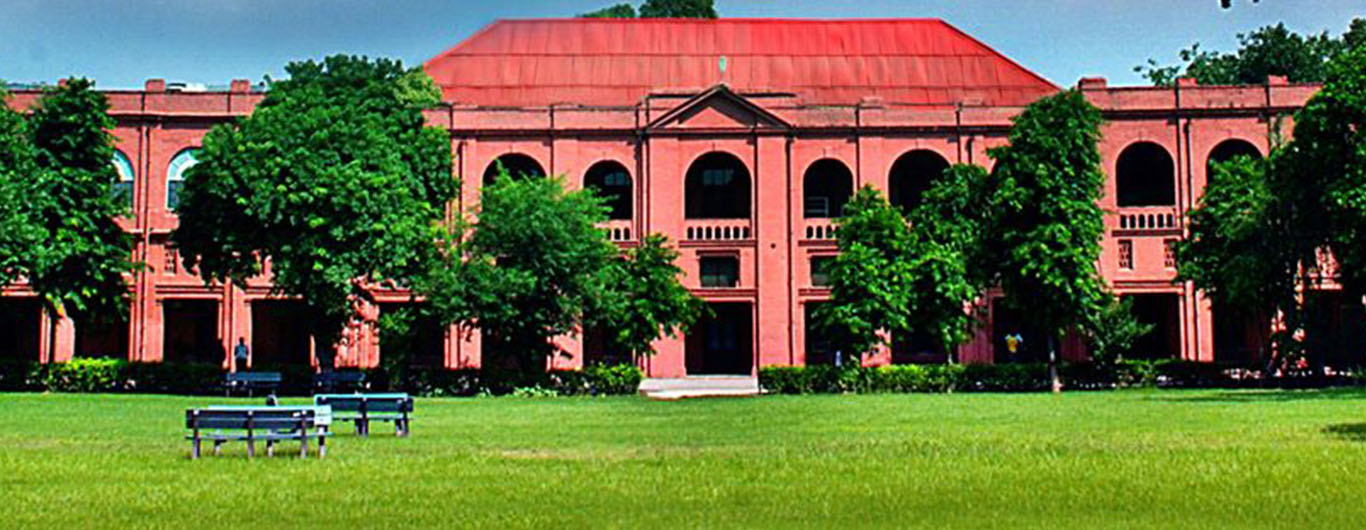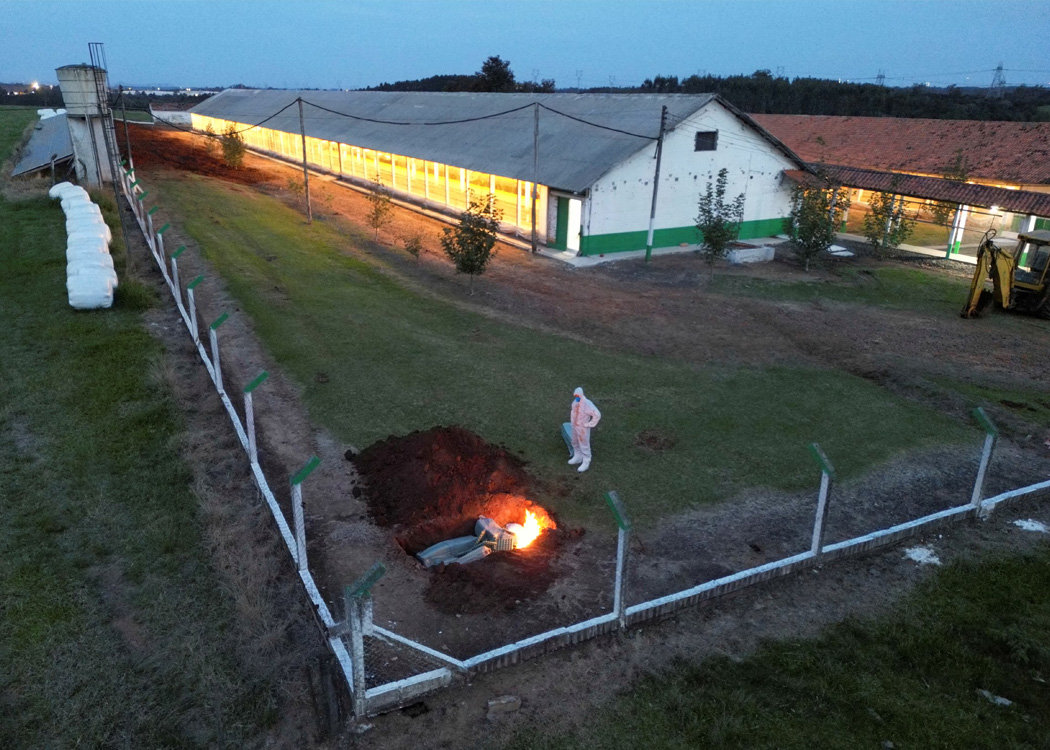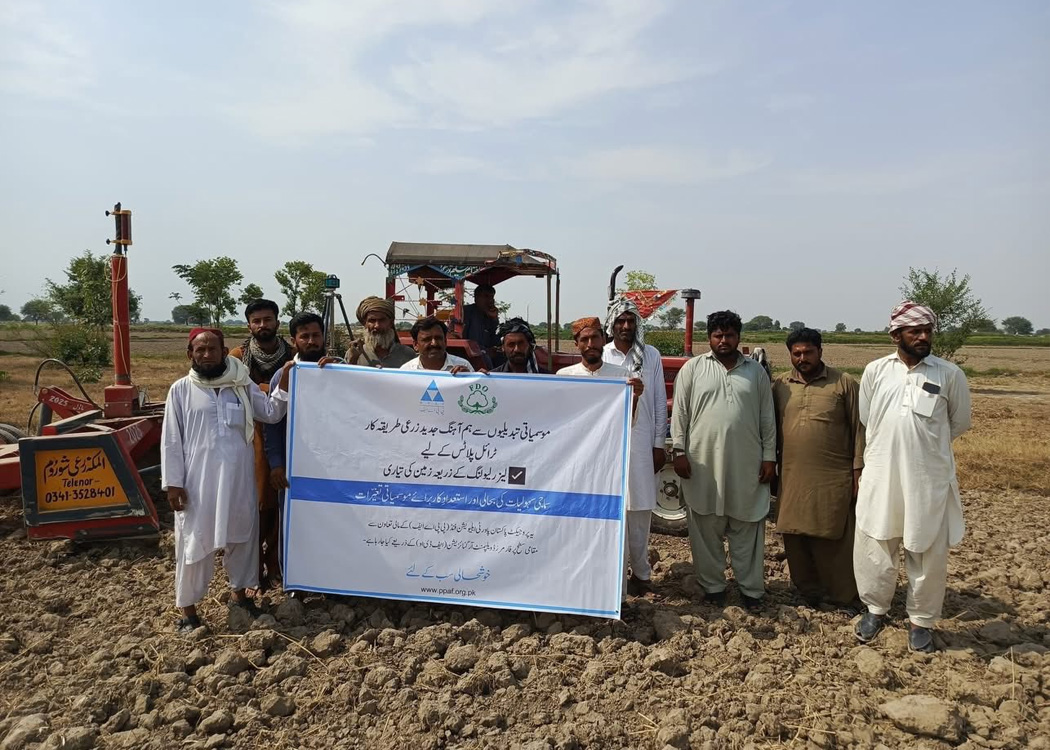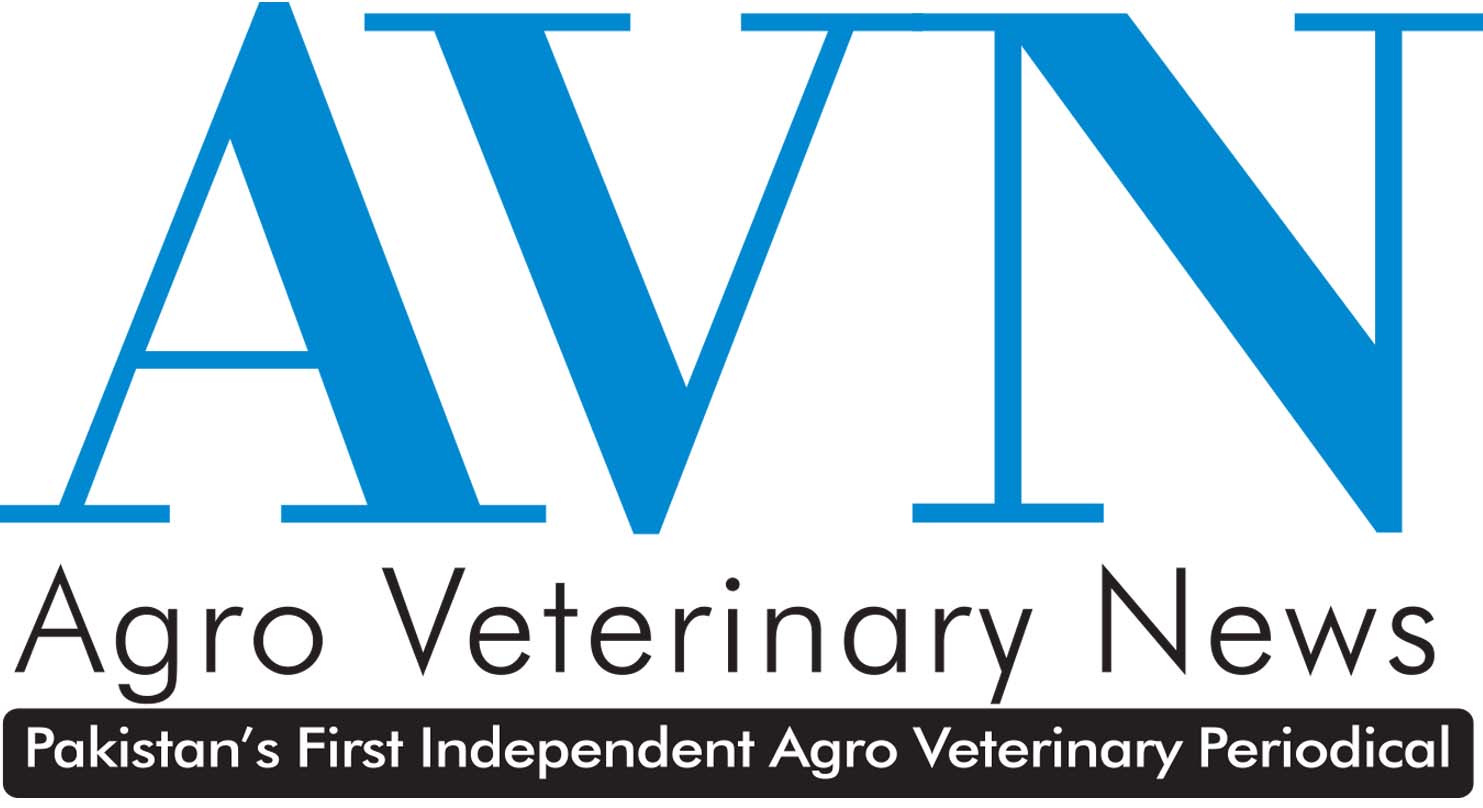LAHORE-The University of Veterinary and Animal Sciences (UVAS) organised a meeting of the Livestock Emergency Sub-group under the theme of the Prime Minister‘s 100 days agenda to develop a plan for revamping the livestock sector at City Campus.
Former Secretary Livestock & Dairy Development Department Punjab (L&DD) Nasim Sadiq and UVAS VC Prof Dr Talat Naseer Pasha co-chaired the meeting while representatives of the federal government, officials of L&DD departments of all provinces, Punjab Breeding Authority, Pakistan Dairy Association, Buffalo Breeders Association (Punjab), Corporate Dairy Farmers Association of Pakistan , Pakistan Tanners Association, Dairy & Cattle Farmers Association, Meat Export Association of Pakistan, Pakistan Poultry Association, progressive farmers and a large number of stakeholders, academicians and researchers from across the country attended the meeting.
Nasim Sadiq and Prof Pasha sought suggestions and technical input from stakeholders for making national livestock policies/plans to develop a concrete plan to deliver on the Prime Minister‘s commitment.
Speaking on the occasion, Nasim Sadiq said that it was direly needed to enhance indigenous fodder productivity and vaccine production to enhance livestock productivity in the country.
He said it was also needed to organise livestock census in all provinces of the country.
He said that livestock industry could be the biggest industry of Pakistan due to its potential. He added that in recent years, the livestock sector grew due to prevention of deadly diseases like foot and mouth, HS, and PPR through guidance of farmers for their profitability and creating awareness among consumers about safe/healthy and high quality food due to combined efforts of the livestock department and the UVAS.
Prof Pasha said the federal government was actively working on revamping the livestock sector, and the aim of the meeting was to provide a platform for stakeholders, including farmers, meat exporters, service providers, poultry, dairy & meat industrialists in public, and private sectors so they could forward their technical inputs and share their issues, impediments, and problems which were hindering livestock development.
Various issues like increase in productivity of dairy and meat farms, productivity of small dairy farms, milk and milk-based product quality, poor meat quality and lesser demand for product, were discussed.
An open discussion was held where all participants put forward suggestions for strengthening dairy, meat and livestock sectors in country.
The meeting participants demanded appointment of an animal husbandry commissioner and animal advisory service for the facilitation of farmers, reducing the cost of milk production & feed.
They recommended price decapping of meat & farmers incentives, reducing feed cost and various taxes imposed on industry and exports, strengthening progeny testing programme, which is direly needed to set the standards of quality milk, and ensure zero tolerance on the sale of adulterated milk. Breed associations must be constituted at union council level to work actively to enhance productivity of cow and buffalo milk.
They called for improving genetics of local dairy animal breeds. They also demanded 10 per cent premium on export of livestock, poultry and dairy, and preparing viable farmer-friendly policies for profitability of the poor farming community.






